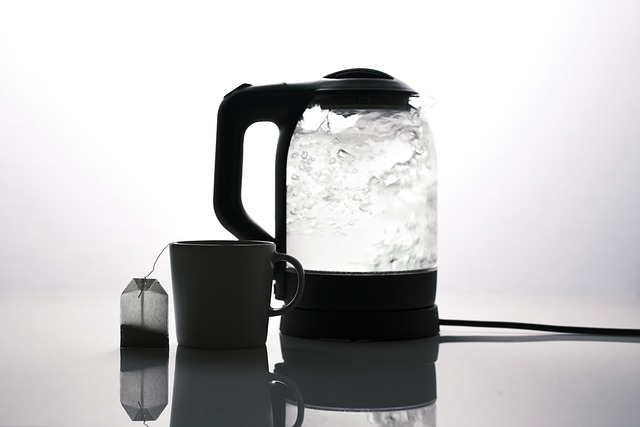4 Benefits of Boiling Water Before Drinking
4 Benefits of Boiling Water Before Drinking

4 Benefits of Boiling Water Before Drinking
Boiling water before consumption is a time-honored practice that ensures water is safe to drink. Fetching water directly from the tap does not guarantee it is free from harmful microorganisms and contaminants. This simple yet effective method offers numerous benefits that contribute to the overall well-being of individuals. So, join us as we explore why boiling water is a crucial practice.
Why You Should Boil Your Water Before Drinking
Eliminates Pathogens
Boiling water is an effective way of eliminating harmful microorganisms such as bacteria, viruses, and parasites. The high temperatures achieved during boiling effectively disrupt the cellular structure of these pathogens, rendering them inactive and making the water safer for consumption. According to the World Health Organization (WHO), boiling is a reliable method to ensure the microbiological safety of water, especially in areas with unreliable water treatment systems.
Removes Chemical Contaminants
In addition to microbial threats, boiling water helps eliminate various chemical contaminants that may be present. This includes common pollutants like heavy metals, pesticides, and organic compounds. Boiling allows these substances to evaporate, reducing the risk of exposure to potentially harmful chemicals. Environmental Protection Agency (EPA) guidelines often recommend boiling as a precaution in emergencies or areas with known water quality issues.
Accessible and Affordable
Boiling water requires minimal equipment, making it an accessible and affordable method for water purification. Whether at home, during outdoor activities, or in emergencies, the simplicity of boiling water makes it an attractive option for individuals across different demographics. This low-cost approach aligns with sustainable practices and encourages the adoption of water safety measures worldwide.
Prevents Waterborne Diseases
Waterborne diseases caused by contaminated water remain a significant global health concern. Boiling water is a preventive measure against illnesses such as cholera, typhoid, and dysentery, often transmitted through water contaminated with fecal matter. Numerous studies emphasize the efficacy of boiling in reducing the incidence of waterborne diseases.
How to Boil Water Correctly
The Environmental Protection Agency (EP) recommends bringing your water to a temperature of 212 F and then boiling it for at least one minute to kill foreign bodies.
- Add some water into a clean pot or kettle.
- Boil for a minimum of one minute.
- Remove from heat and leave the water to cool before drinking.
Usually, it takes about 30 minutes for boiled water to cool completely. As such, ensure that you boil and allow it to cool before you use it.
Conclusion
Boiling water before consumption is a fundamental and effective method to ensure water safety. By eliminating pathogens, removing chemical contaminants, and providing an accessible solution, boiling is a cornerstone in the broader efforts to promote public health and prevent waterborne diseases.
